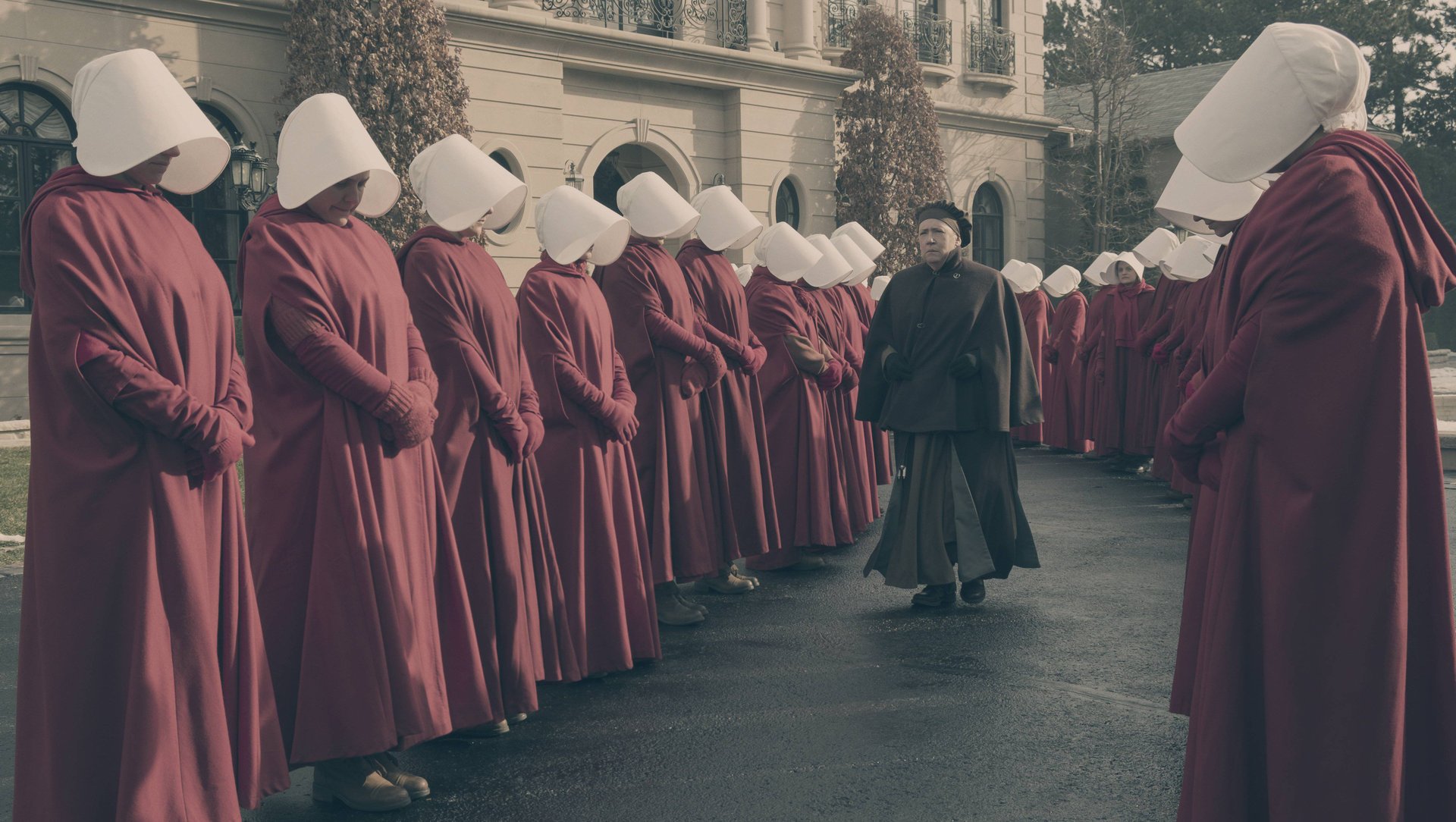Hulu is messy. Here’s how it fits into Disney’s streaming plans
Hulu has been around for nearly as long as Netflix has been streaming video and it still hasn’t found its edge. It has a large back catalog of old TV shows and movies. It recently launched a live-TV bundle. And it’s been getting noticed for more original programming like The Handmaid’s Tale.


Hulu has been around for nearly as long as Netflix has been streaming video and it still hasn’t found its edge. It has a large back catalog of old TV shows and movies. It recently launched a live-TV bundle. And it’s been getting noticed for more original programming like The Handmaid’s Tale.
But having four legacy media parents—Disney, Fox, Comcast, which own 30% each, and Turner, which owns 10%—has kept it from going all-in on any of these things, leaving it behind Netflix, which has invested billions to establish itself as a premium content player, and Amazon Prime, which has millions of shipping subscribers to draw from.
That could all change now that Disney has agreed to buy Fox’s stake, giving it control of the streaming service.
“Amazon has Prime. Netflix has a stable of content driven by consumer viewing data,” said Greg Portell at management consulting firm A.T. Kearney. “Hulu needs to have at least one similar hook to hold consumers.”
Flexibility might be that hook. If the deal goes through, Hulu will be one of three subscription streaming services led by Disney. Here’s how they would fit together.
- Hulu would be the adult-centric offering. It’d be the home of some of the kinds of programming on FX Networks, like Fargo, Legion, and The Americans, that Disney is also acquiring, and might continue to offer the kind of Disney, Fox, and NBCUniversal shows it does now. Fox’s TV studios could supply new original series for service, too.
- The Disney-branded streaming service that’s set to launch in 2019 would be aimed at families, with Disney’s Pixar, Marvel, and Lucasfilm brands at the center.
- And the ESPN subscription service would cater to sports fans.
- Disney is betting consumers want more choice in their streaming services (as if there wasn’t enough already). And it sounds as though it would offer the option to bundle the platforms as well. “Consumers may want to basically be choosy,” Disney CEO Bob Iger said on a call with investors today. “Some may want pure family, some may want pure sports, some may want adults, some may want all of it, by the way, and certainly we’ll make that available.”
- Disney also hopes having control of Hulu will help the streaming service compete against larger rivals, and give it some direction.
- “Hulu’s ownership structure makes it hard for management to commit to a focused strategy and then drive consumer activation in the same way Amazon and Netflix have,” said Portell. “If Disney exerts more management control, it will give a clarity of purpose which will help Hulu compete.”
- Hulu, which no longer discloses paying subscriber numbers, had 47 million unique viewers as of May, while Netflix had 104 million subscribers as of June. Mind you, Hulu is just in the US, while Netflix is global.
- This, of course, assumes Disney gets its way with Fox, and Hulu. But if the AT&T and Time Warner deal has taught us anything, it’s not to take mega-media mergers for granted.
- Comcast still has a 30% stake in the business. Up until now, it’s been a silent partner as part of a condition of its 2011 takeover of NBCUniversal. But those deal restrictions end in September 2018, before the Disney-Fox deal will likely be finalized. And Comcast may have its own opinions of where the streaming service should go. It could try to force a sale of Hulu, Recode reported, or stop selling its content to the service, leaving Disney to fill the void. The company did not respond to Quartz’s request for comment by press time.
- Disney has a bargaining chip in the form of its other Fox assets. It would get Fox’s global streaming operation, including its stake European broadcaster Sky, which has a streaming service of its own, and Star India, which owns the streaming service Hotstar. That could give Disney the opportunity to expand Hulu globally.
- Fox is the strongest player among Hulu’s owner’s internationally, followed closely by Disney, which has top-tier global brands, and to a less extent NBCUniversal.
- NBCUniversal is “punching way below its weight internationally,” said Mary Ann Halford, global media and entertainment strategist at OC&C. “The negotiating card Iger is going to have in terms of getting them to agree is it gives NBCUniversal a meaningful stake in a global service.”